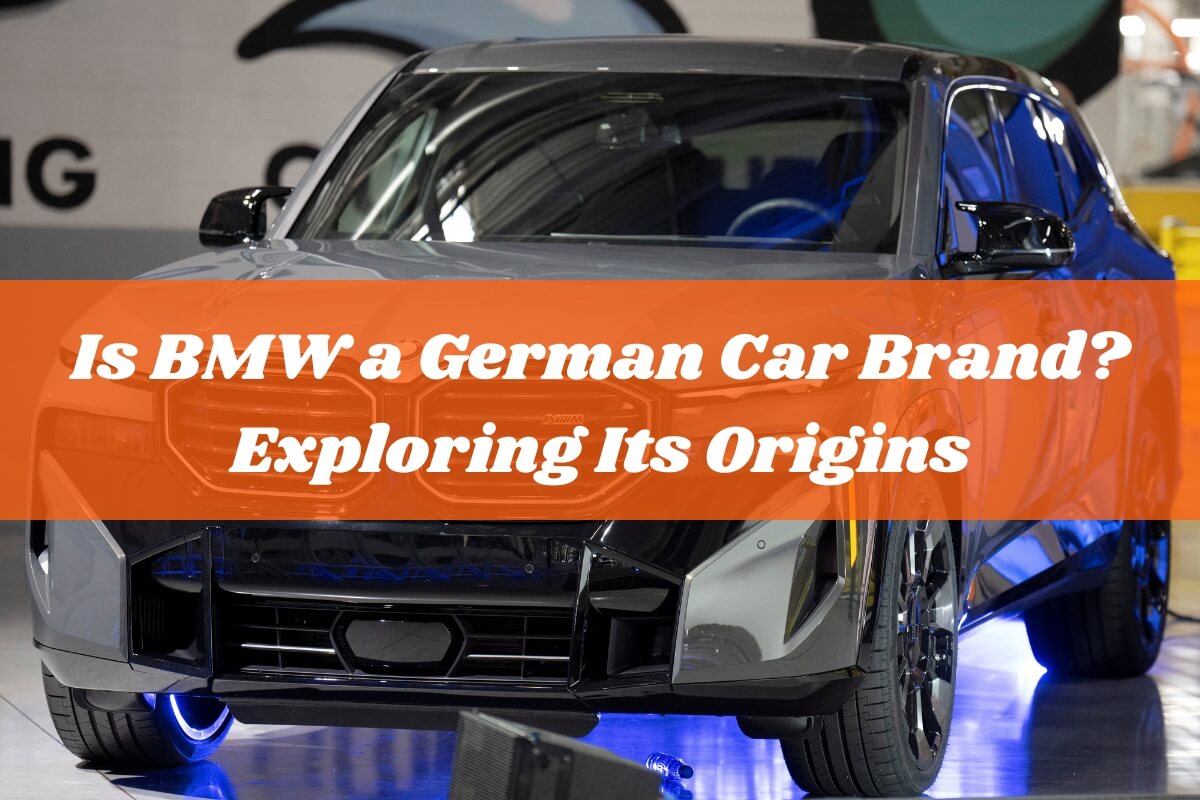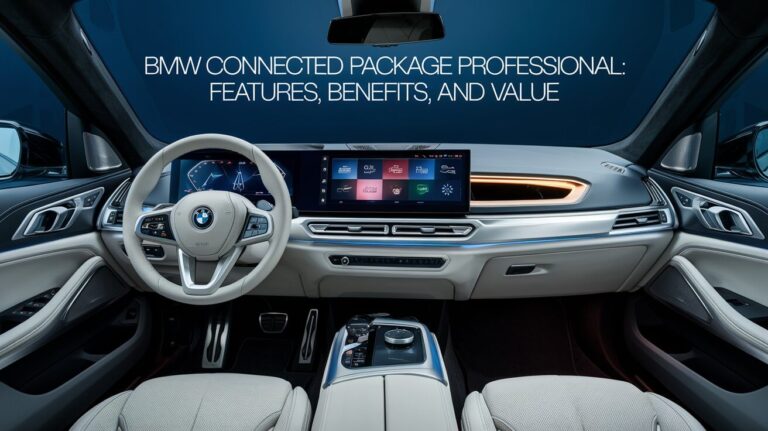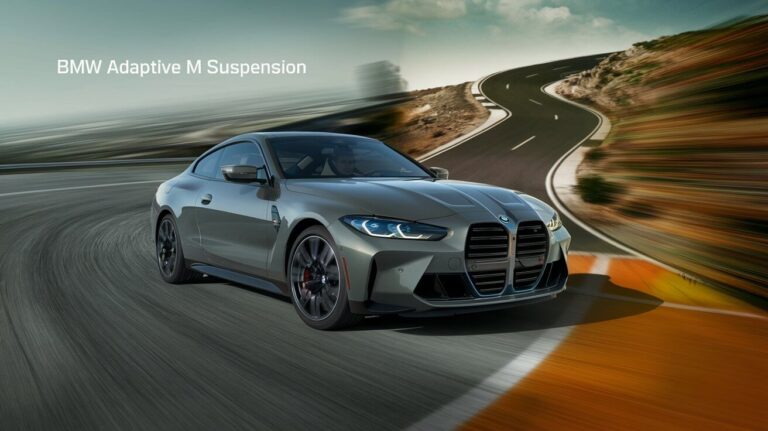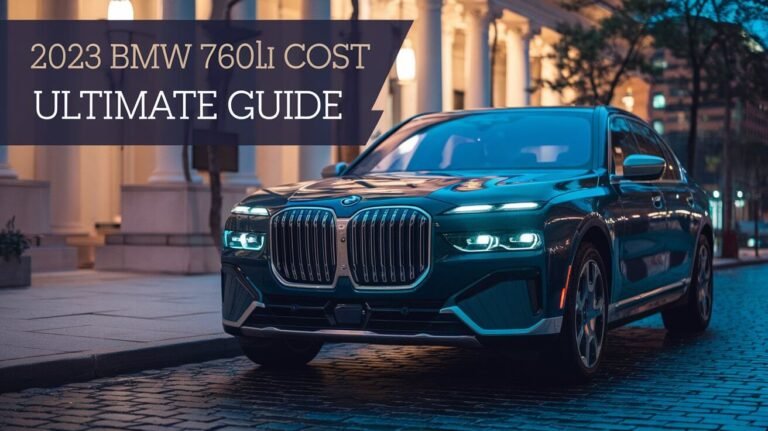
If you’re a car enthusiast or simply curious about the automotive world, you’ve likely heard the name “BMW” countless times. This prestigious brand is synonymous with luxury, performance, and exceptional engineering. But is BMW truly a German car company? The short answer is yes, BMW has its roots firmly planted in Germany. However, the story behind this iconic automaker is more nuanced, with a rich history that spans over a century and a global footprint that extends far beyond its homeland.
In this guide, we’ll explore BMW’s German roots, tracing its evolution from a modest aircraft engine manufacturer to a global powerhouse. We’ll also uncover how BMW has seamlessly blended its German heritage with a global vision, captivating drivers around the world.
Tracing BMW’s German Roots
To truly understand BMW’s German heritage, we must go back to the early 20th century when three separate German companies laid the foundation for what would eventually become one of the most iconic car brands in the world.
The story begins with Rapp Motorenwerke, an aircraft engine manufacturer established in 1913 by Karl Rapp. This company was followed by Bayerische Flugzeugwerke (formerly Otto Flugmaschinenfabrik), another aircraft manufacturer. The third piece of the puzzle was Fahrzeugfabrik Eisenach, a car company that produced licensed versions of the Austin 7.
In 1916, amid the turmoil of World War I, Bayerische Motoren Werke AG (BMW AG) was officially founded in Munich, Germany. The company’s initial focus was on producing aircraft engines for the German military, but its sights were soon set on the burgeoning automotive industry.
Transition to Automotive Production
After the war, BMW found itself faced with significant challenges. The Treaty of Versailles prohibited the company from manufacturing aircraft engines, forcing it to pivot to other industries. In the early 1920s, BMW began producing motorcycle engines and, eventually, its first production car – the BMW 3/15 – in 1928.
The BMW 3/15 was a licensed copy of the Austin 7, but it marked the beginning of BMW’s foray into the automotive world. From this humble start, the company would go on to create some of the most iconic and revered cars in history.
BMW’s Journey Through Challenges and Triumphs
BMW’s path to success was not without its obstacles. In the aftermath of World War II, the company’s factories were heavily bombed, and it was barred from producing motorcycles or automobiles by the Allied forces. These challenging times almost led to BMW’s demise, but a series of strategic decisions and the unwavering determination of its leaders kept the company afloat.
Expansion and Globalization
As BMW regained its footing in the late 1950s, it embarked on a journey of expansion and globalization. The company established production facilities worldwide, including in the United States, China, and South Africa, to cater to the growing demand for its vehicles.
Furthermore, BMW acquired other prominent brands, such as Rover and Rolls-Royce, further solidifying its position as a global automotive powerhouse.
BMW’s German Heritage Today
Despite its global reach, BMW has never forgotten its German roots. The company’s headquarters and primary manufacturing facilities remain in Germany, where its commitment to German engineering and design principles is unwavering.
From the precision craftsmanship to the meticulous attention to detail, BMW’s vehicles embody the spirit of German automotive culture. The influence of this heritage can be seen in every aspect of the brand, from the sleek lines of its iconic kidney grille to the exhilarating performance of its high-powered engines.
Beyond Germany: BMW’s Global Reach
While BMW’s German identity is undeniable, the company’s success can also be attributed to its ability to adapt to the preferences and demands of diverse markets worldwide. Through localized production and strategic partnerships, BMW has managed to maintain its global appeal while staying true to its roots.
Whether it’s the bustling streets of New York City or the winding roads of Shanghai, BMW’s vehicles have become a symbol of luxury and performance, transcending cultural boundaries and captivating drivers from all walks of life.
Is BMW Still a German Car?
So, with its global footprint and diverse customer base, is BMW still considered a German car? The answer is a resounding yes.
While BMW has undoubtedly embraced globalization, the company’s core values, engineering principles, and brand identity remain deeply rooted in its German heritage. Industry experts and enthusiasts alike agree that BMW’s ability to blend its German origins with a global perspective is a key factor in its continued success.
As one automotive journalist put it, “BMW may have expanded its horizons, but its heart and soul will always be German.”
In Summary
In conclusion, BMW’s journey from a small aircraft engine manufacturer to a global automotive powerhouse is a testament to the resilience, innovation, and unwavering commitment to excellence that defines the German spirit.
While the company’s reach extends far beyond the borders of Germany, its vehicles remain a proud representation of the country’s engineering prowess and design sensibilities. From the iconic 3 Series to the cutting-edge electric offerings like the i3 and i8, BMW’s cars continue to captivate drivers worldwide, carrying the torch of German automotive excellence into the future.
Whether you’re a die-hard BMW enthusiast or simply appreciate the finer things in life, there’s no denying the enduring appeal and global influence of this truly German car brand.






